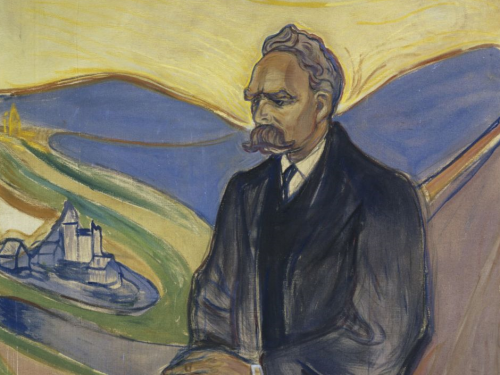
This article was originally published by E-International Relations.
Thucydides. Hobbes. Machiavelli. Realists have (re)turned to these thinkers time and again in order to construct and fortify the basic contours of their theories of global politics. From their texts, realists have extracted and put to use a series of ontological arguments concerning the nature of power, the human, the state, and the global milieu through which these forces traverse. The consequent interpretations of global politics tend to be ones that dramatize a tragic and unending struggle for power among nation-states that takes place under a condition of anarchy and insecurity, where morality holds little hope for redemption. While the discourses of realism substantiate this agonistic sense of global politics with rotating reference to a pantheon of classical and modern philosophical figures, they nonetheless consistently fail to mention one particular name: Nietzsche. This is a remarkable absence considering the fact that Nietzsche was the most decisive intellectual influence for realism’s principal modern architect, Hans J. Morgenthau. It was Nietzsche, more than any other thinker, who served as Morgenthau’s ‘foremost intellectual authority’ (Frei 2001: 94). From his lifelong encounter with Nietzsche, Morgenthau developed his basic way of looking at people and things, the ontological and conceptual coordinates that would ground the realist paradigm (Frei 2001: 94). This intellectual convergence between Nietzsche and Morgenthau presents a serious challenge to realists. It reveals to them that one of their most important philosophical forerunners remains a little known figure, an unnamed origin.
